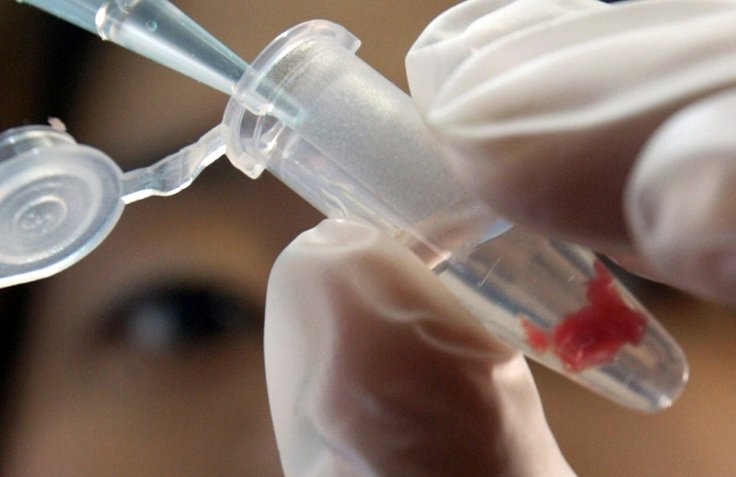
A promising cure for "deadly" flesh-eating fungal mycetoma seems to be in sight as a team of scientists is working to develop a more effective treatment for the "silent killer" bug, according to reports.
In a clinical trial in Sudan, scientists are testing on about 9,000 registered patients a drug that has to be taken only once a week [for a year] and will be much cheaper than the current $300 a month treatment.
"The cure rate for fungal mycetoma is really poor. In the clinical trial, we are testing an anti-fungal treatment with fewer side effects, that is cheaper for patients and only has to be taken once a week [for a year]," said Dr. Sahar Bakhiet, head of the microbiology department at the Mycetoma Research Centre in Sudan.
Fungal mycetoma, an infection that burrows into the limbs of victims – affects thousands of people throughout the tropics, leaving them disabled, with their limbs amputated, or even death in extreme cases.
The infection that causes massive swelling and showers patients with lesions and sores is currently treated by having four tablets a day for up to three years, with side effects including vomiting and even liver failure.
The new trial gives hope for drugs that could give patients a more realistic chance of recovering from the devastating infection that missed attention for long until the World Health Organization (WHO) in 2016 added mycetoma to the official list of neglected tropical diseases.
"Mycetoma was neglected for so long that it has become a silent killer," Dr Sahar Bakhiet told The Telegraph.
Originating from bacteria or fungi in soil and animal dung, the slow-growing infection, it gets transmitted to people through damaged skin -- for instance, a thorn prick, is particularly common in the "mycetoma belt", the countries in tropical and subtropical regions stretching from Mexico to India.
"If it works, it will really help improve treatment. This trial gives a lot of hope for mycetoma patients not just in Sudan but globally," Bakhiet explained.
If the flesh-eating fungal infection spreads throughout the bodies of the patients and into their bones, the only option available is amputation, argued the scientist, but if the trial on Fosravuconazole, an anti-fungal drug developed in Japan – gets successful, it will be a more effective treatment than the current regime.
According to Centre for Disease Control (CDC), the treatment for mycetoma caused by bacteria (actinomycetoma) is treatable with antibiotics, and surgery is usually not needed, but fungi (eumycetoma) is treated with long-term antifungal medication, which may not be completely effective.
Surgery or amputation are sometimes required in such cases to cut away the infected tissue, the CDC website said.









